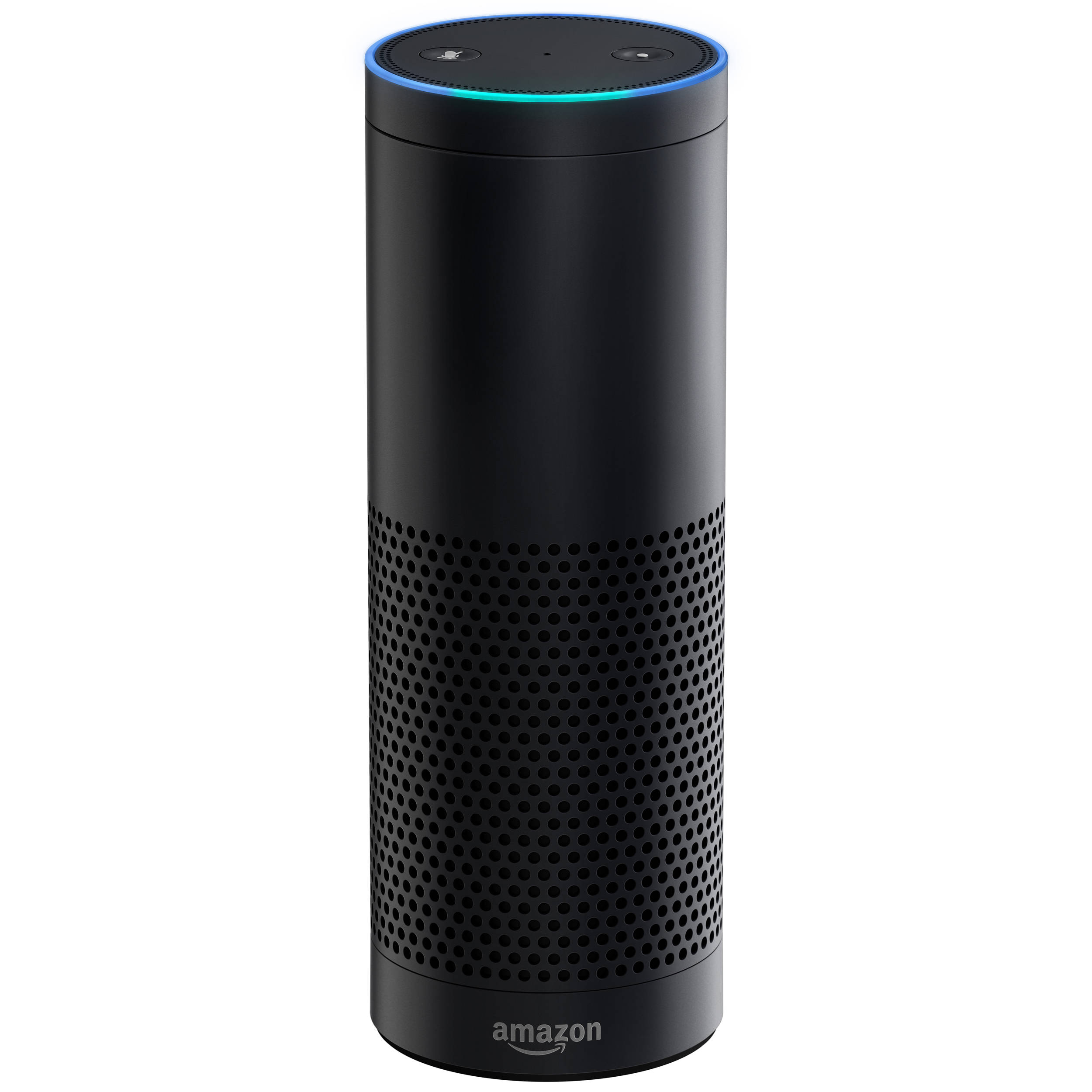Defining the competition
There are two schools of thought on how an organization should think about its competition - for customers, market share, talent, brand awareness, etc.
One approach is to study your competitors closely, monitor their strategies, actions and decisions, and devote a lot of resources and energy to roles like competitive intelligence gathering, market analysis, and the development of specific playbooks focused on your main competitors to prepare your salespeople for what they are likely to encounter in the field. I'd say that in enterprise tech, HR tech for sure, this is the approach that most medium-to-large providers take.
The alternate approach is to largely ignore specific competitors and spend the vast majority of your time working on product, message, and lots of internal and specific capabilities like implementation, service, support and the like. This is often the approach startup tech companies take as they likely have to spend most of their time trying to define their own message, communicate their unique value proposition, and if they are truly innovating in the market their competition may not even actually exist. Or said differently, they often are competing against 'doing nothing' and not against a competing product or service.
And truly most companies probably exist somewhere in between these two extremes - thinking about the competition some, and other times taking a more internal focus. And this focus usually skews towards former as the company grows, enters new markets, or begins to attract new competitors (success breeds competition).
I thought about this 'competition continuum' when I caught this piece on Venture Beat - Amazon's name pops up on 10% of U.S. earnings conference calls, a nod to the retail/tech/distribution giant's outsize reach in the US economy right now.
From the VB piece:
Almost 700 U.S. companies have reported quarterly results so far this earnings season, and the e-commerce titan’s name has popped up on roughly one of every 10 earnings conference calls so far. And the retailers whose lunch has long been eaten by Amazon.com Inc haven’t even reported yet.
In all, Amazon has been raised either in passing or with some urgency on 75 calls hosted by corporate chieftains in the past several weeks, according to a Reuters analysis of call transcripts from components of the S&P 1500. That’s well more than twice as many mentions as Google or its parent Alphabet Inc and over three times as many as Apple Inc.
Everyone from traditional retailers to 'big tech' companies like Microsoft and IBM all the way to Dow Jones stalwarts like 3M and Johnson & Johnson all have at least one eye on what Amazon is doing.
It is kind of incredible to think that Amazon is now a real (or imagined) competitive threat across such a wide range of industries and companies.
But here's what at least I thought was the really interesting thing about the piece, and the reason for the post in the first place.
Most organizations spend lots and lots of time, (maybe too much time), thinking about the competition. I get the feeling that truly amazing, game changing companies like Amazon don't spend all that much time doing that. No, they focus on doing the things that make others worry about them instead.
And that is a much, much better place to be.
Postscript - I am totally obsessed with the Amazon Echo and really annoyed at every other piece of technology I own that will not yet respond to voice commands. I think this is going to be a really big deal in workplace tech and sooner than we think.

 Steve
Steve



